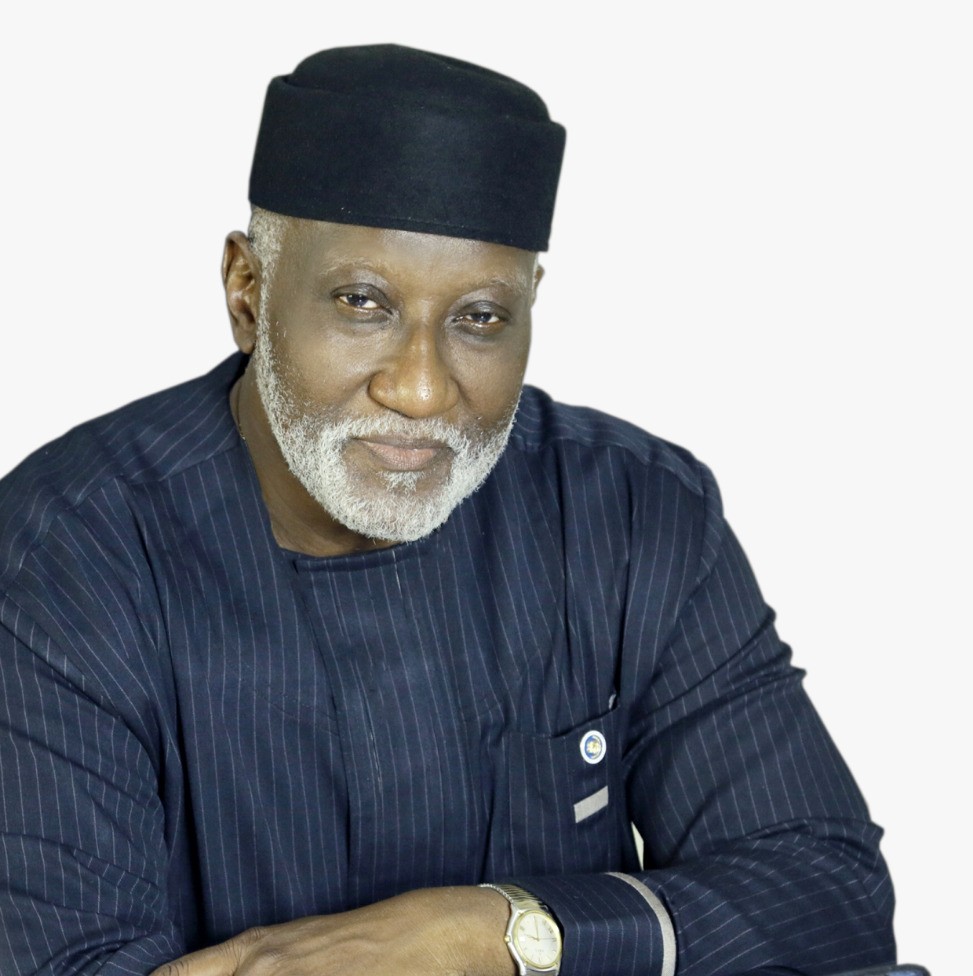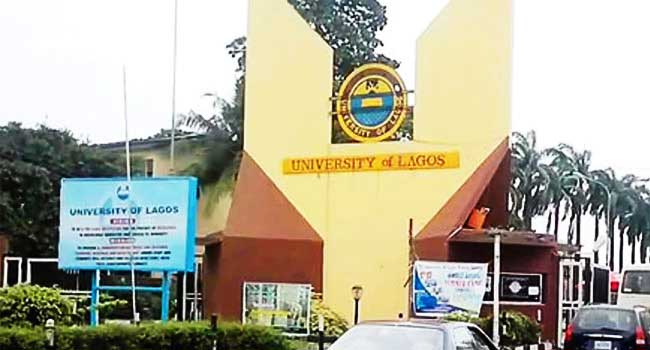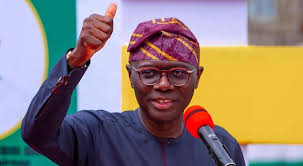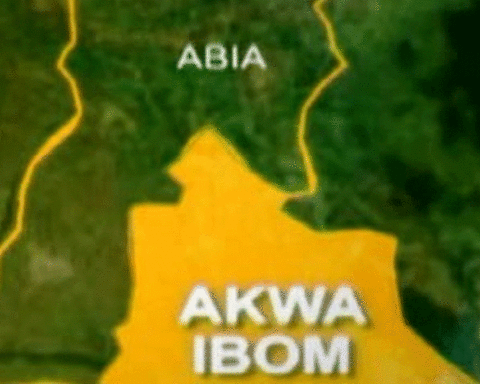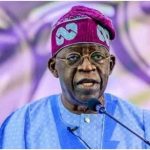Realpolitik and commonsense have long validated the nexus between domestic strength and foreign policy actions. Yet, presumable statesmen frequently fall prey and segue into quagmires by assuming that forays into intractable foreign policy realms will validate their bona fides or redress and strengthen their domestic weaknesses.
Some leaders also assume that immersion into foreign conflicts will result in their nationals rallying behind them and around the national flag. History and experience have proven such considerations to be mostly pretentious and fallacious. Indeed, such thinking is more often than not delusional. The unfolding crisis in Niger Republic presents as a test case as well as a case study. Inescapably, Nigeria is fully in the mix and thick of it all.
Join our WhatsApp ChannelREAD: How Niger Coup Renews, Deepens Scramble For Africa
From Ukraine To Niger: Any Lessons For Puppet ECOWAS?
Contemporary times are replete with evidence of nations invading and upending other countries in a bid to rid them of presumed illegitimate and rogue leaders. Afghanistan, Somalia, Iraq, Syria, Iraq and Libya, are a few example. Crises in these countries continue to fester unabated; and the hornets’ nest created in those countries have become the bastion for non-state actors, terrorists and continual source of global insecurity. We should not unwittingly add Niger to that bucket list.
READ ALSO: Niger Coup: Military Intervention Dangerous – Obaze
The crisis in Niger falls well within the remit of ECOWAS to tackle. But the varied options open to ECOWAS must be considered carefully and applied. Military intervention should be a matter of last resort; well after every diplomatic effort has been exploited. And there are cogent reasons for this. First, the ECOWAS region, Nigeria included have a rich history of military anti-politics. So Niger is not a novelty.
Coups happen for various reasons. Successful ones end up being legitimized. The unsuccessful ones have dire consequences. Addressing the legitimacy of coups thus cannot be a matter of precepts as opposed to practices. Each putsch must be addressed within the context of the realpolitik of the country where it took place. We have had military coups in Nigeria and in countries around us. As we look for solutions to the Niger imbroglio, we must use our history to create history. We must draw from past lessons. If you break a country; you own it!
When war-torn Chad was in crisis in the late 70s and early 1980s, the Organization of African Unity (O.A.U.) had to intervene in its first ever African peacekeeping mission. Nigeria was the arrowhead of the mediation efforts that led to the Kano I Accord and the subsequent peacekeeping campaign, with Gen. Godffrey Ejiga in command of 3,300 Nigerian, Senegalese and Zairian contingents after the inconclusive Kano II and Lagos I and Lagos II meetings. The campaign had a clear O.A.U. mandate and an ambivalent U.N. Security Council resolution calling for the establishment of a voluntary contribution fund to assist the mission. Indeed, the residual cost of that mission (US$82 million) owed to Nigeria, was only written off in1984 by the Buhari military Administration.
Most recently when Gen. Mahamat Idris Deby took over power in Chad in 2021, President Muhammadu Buhari’s administration supported the “institutional coup” and takeover, “because we did not want a power vacuum” next door. Presumably, we acted in our national interest. France also presumably acting in her national and geostrategic interest supported the coup; declaiming as it was, that “There are exceptional circumstances.”
Some concrete facts are germane to grasping the realities at play in Niger. As Nigerians we should be wary of the crisis in Niger Republic and its vast domestic and external implications for us. What happened in Niger is of interest to France, the U.K., the U.S. and Russia. It is therefore folly for Nigeria to enter into this fray of geostrategic politics without a think through of the implications. We certainly don’t want to make West Africa the “Grand Chessboard” for global powers fixated on controlling the uranium rich territory.
Our country and Niger are historically, culturally, economically and contiguously linked. The only degree of separation is that Niger is Francophone while Nigeria is Anglophone. Hamani Diori Niger’s first president was very supportive of Nigeria during the civil war. We supply subsidized electricity to Niger, so that they don’t dam River Niger upstream with adverse effect to our irrigation and hydropower capacity downstream. Both countries belong to ECOWAS and are as such bound by its protocols.
Still, it needs recalling that when in the early 90s ECOWAS sought U.N. Security Council mandate to embark on a peacekeeping mission in Liberia, the request was denied. Those of us on active diplomatic or military duty then, when Nigeria and other ECOWAS countries eventually made a foray into Liberia on a rescue mission, hardly contemplated the financial, material and human costs. In hindsight, we know the costs were enormous on all accounts. Lessons learned from Chad and Liberia remains instructive while dealing with Niger. The upshot is that engaging in an unscripted conflict is sheer folly.
For now, it seems that reason, circumspection and wise counsel may have prevailed over bluster on Niger, resulting in the resort to diplomacy instead of a direct post-ultimatum intervention. That is gratifying as the latter would have presented us with a Vietnamsque quagmire, with its whirlwinds rippling from the Port of Sidra corridor to the halcyon coast of Badagry.
Nonetheless, we must avoid being sucked in and immersed in the Niger quagmire, even if diplomacy and all else fails. Accordingly, the National Assembly must rigorously debate the request to deploy Nigerian military into Niger Republic, either unilaterally or multilaterally. The war powers provisions demand such a robust debate. If the legislators are unconvinced of the deployment parameters, they must not grant consent. Nigeria’s overall national interest must be the overarching consideration in taking any decision. We must remain cognizant that any military intervention based on political expediency is at best futile and at worst dangerous.
Obaze is MD/CEO, Selonnes Consult – a policy, governance and management consulting firm in Awka.


